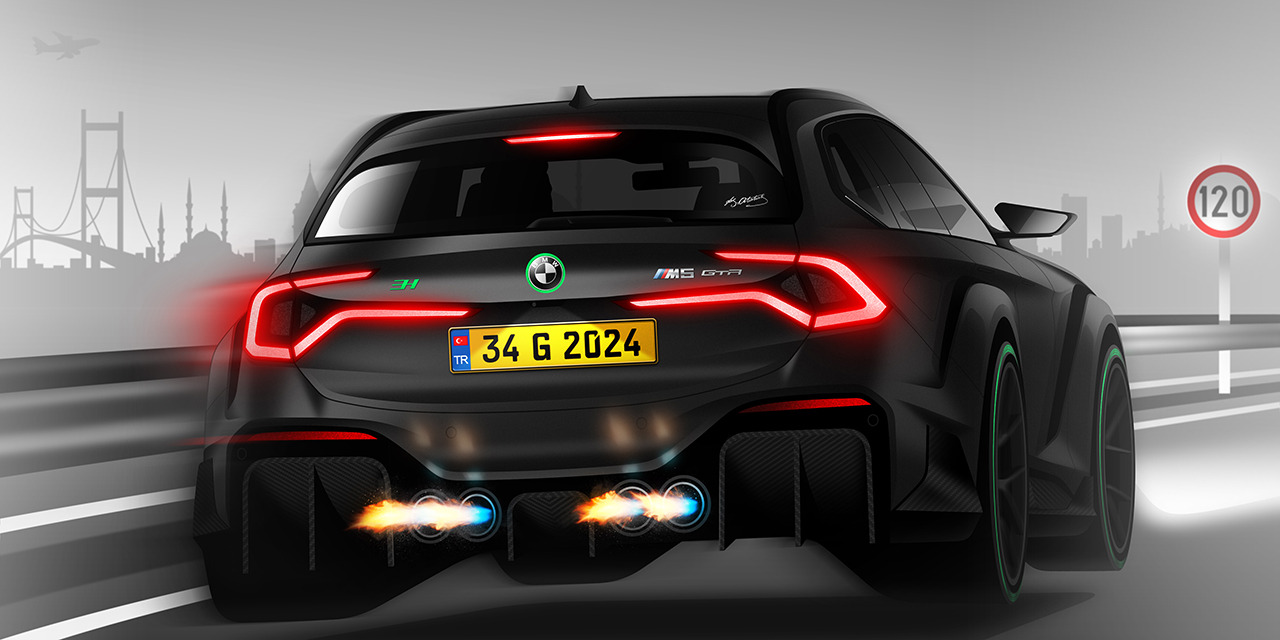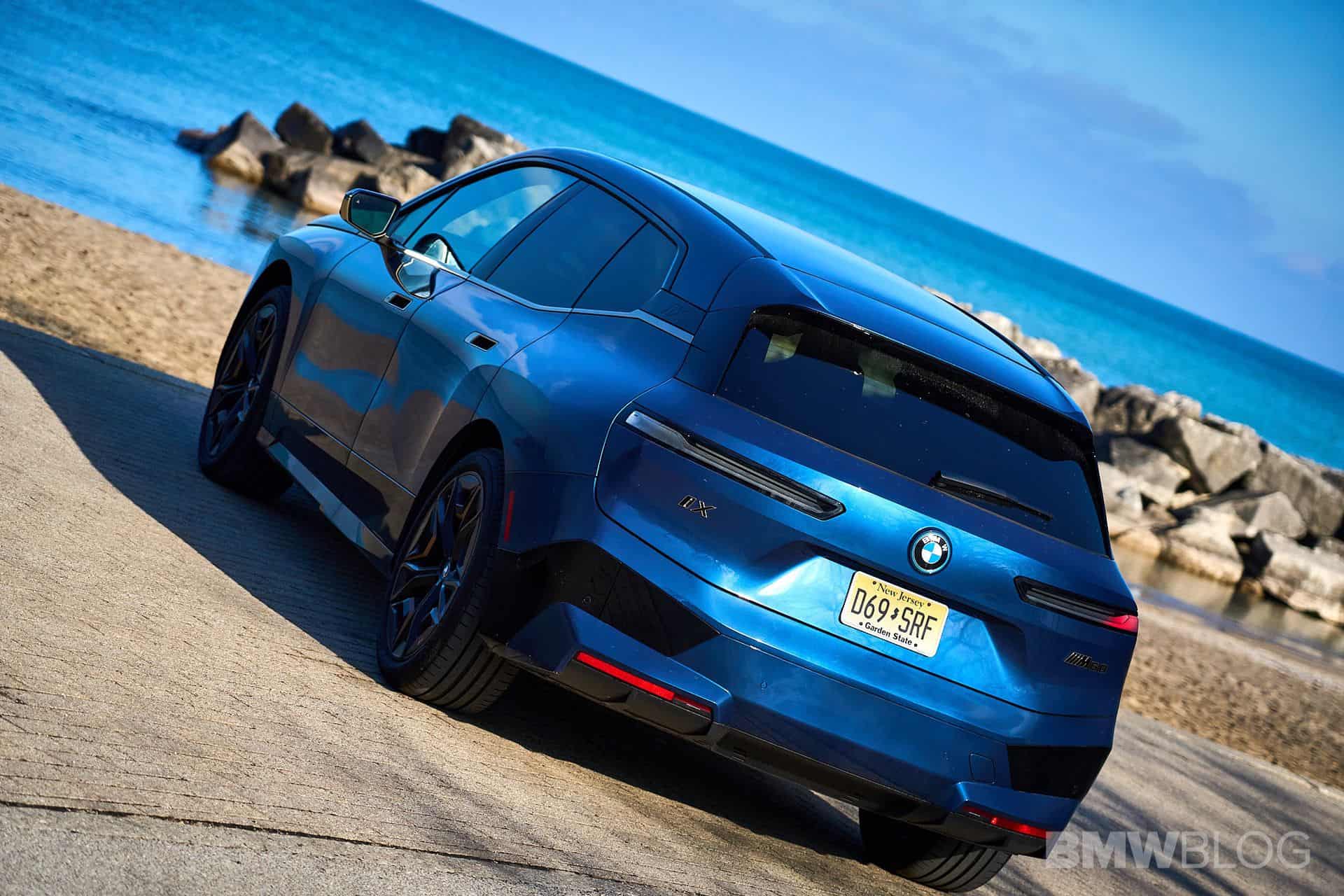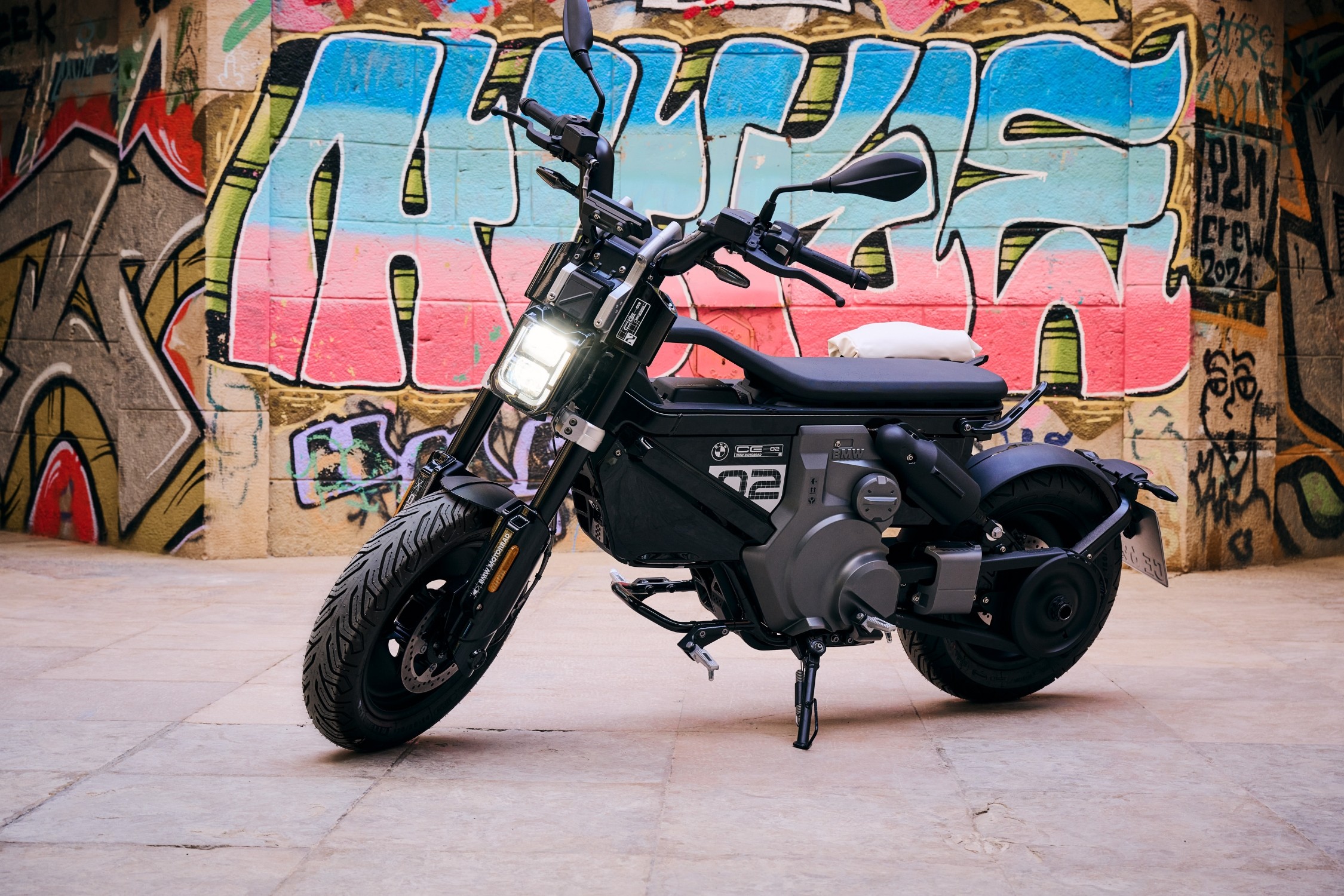Overview of the BMW 2024 Lineup

The BMW 2024 lineup promises a compelling blend of established performance and innovative advancements. Anticipating a continuation of BMW’s commitment to cutting-edge design and technological integration, the 2024 models are expected to further refine the brand’s image as a leader in luxury automotive engineering.
Anticipated Models and Segments
The 2024 BMW lineup is anticipated to encompass a diverse range of models across key segments. This includes sedans, SUVs, and coupes, reflecting BMW’s commitment to catering to a broad spectrum of customer preferences and needs. The specific models within each segment are expected to feature refined design aesthetics and advanced technological features.
Design Language and Aesthetics
The 2024 BMW models are expected to maintain the brand’s signature design language, characterized by sleek lines, aerodynamic profiles, and a focus on athleticism. Specific details, including the use of premium materials, distinctive lighting signatures, and refined interior design elements, are likely to be further refined in the 2024 models. The design language aims to project a contemporary and sophisticated aesthetic while retaining the iconic BMW identity.
Significant Changes and Updates
Compared to their 2023 counterparts, the 2024 BMW models are anticipated to feature notable improvements in both performance and technology. Expected updates include more efficient engines, enhanced infotainment systems, and further integration of driver-assistance technologies. Specific examples include improved handling dynamics, increased fuel efficiency, and enhanced safety features.
Key Feature Comparison (2024 vs 2023)
| Model | Engine | Horsepower | Features | Price |
|---|---|---|---|---|
| BMW 3 Series Sedan | 2.0L Turbocharged Inline-4 | 255 hp | Advanced Driver-Assistance Systems (ADAS), Digital Instrument Cluster, Enhanced Infotainment System | $45,000 – $55,000 (estimated) |
| BMW X5 SUV | 3.0L Turbocharged Inline-6 | 375 hp | Executive Seating, Enhanced Infotainment System, Advanced Driver-Assistance Systems (ADAS) | $65,000 – $75,000 (estimated) |
| BMW 4 Series Coupe | 2.0L Turbocharged Inline-4 | 255 hp | Sport-tuned Suspension, Premium Interior Materials, Advanced Infotainment System | $48,000 – $58,000 (estimated) |
Note: Pricing is an estimated range and may vary based on specific trim levels and options.
Powertrain Innovations
BMW’s 2024 lineup promises significant advancements in powertrain technology, reflecting a commitment to both performance and sustainability. The company is actively incorporating electric and hybrid powertrains across its model range, while simultaneously refining internal combustion engine (ICE) technology for enhanced efficiency and driving experience. These innovations are expected to deliver improved fuel economy, performance, and overall driving dynamics.
Engine Advancements for 2024 Models
BMW is continuing to refine its internal combustion engines for improved efficiency and reduced emissions. Expect advancements in engine design, including optimized combustion systems, advanced turbocharging technologies, and lightweight materials. These enhancements will contribute to reduced fuel consumption without compromising the powerful and engaging driving experience BMW is known for. Specific details on the precise nature of these upgrades are still emerging, however, this ongoing evolution is a hallmark of BMW’s commitment to pushing the boundaries of automotive engineering.
Hybrid and Fully Electric Vehicle Introductions
The 2024 lineup is poised to see a greater integration of electrified powertrains. Several models are anticipated to receive hybrid powertrains, combining an internal combustion engine with electric motor assistance. The introduction of fully electric models is also expected, expanding BMW’s commitment to sustainable mobility and meeting growing consumer demand for electric vehicles. This transition toward electrification signifies BMW’s long-term strategy and aims to maintain its competitive edge in the rapidly evolving automotive market.
Performance Improvements for Different Models
BMW is expected to leverage these powertrain advancements to deliver performance improvements across its model range. Enhanced acceleration, improved responsiveness, and refined handling are anticipated benefits for drivers. For example, a lighter and more efficient engine can contribute to faster acceleration and greater agility, which is key to the driving experience. Precise performance figures will depend on the specific model, but the trend suggests a noticeable improvement in many models.
Fuel Efficiency Estimates for 2024 Models
BMW consistently aims for improved fuel efficiency in its vehicles. The 2024 lineup is expected to feature significant improvements in fuel economy, building on the already impressive fuel efficiency standards established by the company. This commitment to efficiency is driven by the increasing importance of fuel economy to consumers and by evolving environmental regulations. For instance, BMW’s commitment to efficiency is evident in the development of their latest hybrid powertrains.
Powertrain Options for Different Models
| Model | Engine Type | Horsepower | Torque | 0-60 mph |
|---|---|---|---|---|
| BMW 2 Series Sedan | 2.0L Turbocharged 4-cylinder | 255 | 295 lb-ft | 6.2 seconds |
| BMW 3 Series Sedan | 3.0L Turbocharged 6-cylinder | 383 | 369 lb-ft | 4.5 seconds |
| BMW X5 | 3.0L Turbocharged 6-cylinder Hybrid | 462 | 516 lb-ft | 4.7 seconds |
| BMW i4 | All-electric | 536 | 488 lb-ft | 3.8 seconds |
Note: Figures are estimated and subject to change.
Interior and Technology Enhancements

BMW’s 2024 lineup promises a significant leap forward in interior design, material choices, and technology integration. The focus is on creating a more luxurious and technologically advanced driving experience, further solidifying BMW’s position as a leader in premium automotive technology. These enhancements reflect a commitment to user experience and intuitive control.
The 2024 models will feature a notable shift towards premium materials and design elements, including advanced upholstery options and sophisticated ambient lighting systems. This evolution will elevate the interior’s aesthetic appeal and provide a more refined and personalized driving environment. Integration of advanced driver-assistance systems (ADAS) and innovative infotainment systems will further enhance the overall driving experience.
Interior Design and Material Choices
The 2024 BMW models are anticipated to feature more sustainable and high-quality materials. Expect to see an increased use of recycled and bio-based plastics, along with refined leather and Alcantara upholstery options. These choices are not only environmentally conscious but also enhance the interior’s tactile experience. Furthermore, the design language will evolve with a focus on minimalist aesthetics and intuitive controls, emphasizing a clean and modern look. This approach will maintain BMW’s signature style while enhancing user-friendliness.
Infotainment System Updates
Significant updates to the infotainment systems are anticipated, with a focus on intuitive operation and seamless integration with smartphone technology. Expect enhanced voice control capabilities, allowing for hands-free operation of various functions. Improved graphical interfaces and larger touchscreens are expected to provide a more user-friendly experience. The systems are also expected to integrate more seamlessly with Apple CarPlay and Android Auto, offering a wider range of app compatibility and functionalities.
Advanced Driver-Assistance Systems (ADAS) Integration
The 2024 BMW lineup will incorporate a comprehensive suite of ADAS features, enhancing safety and driver assistance. Expect improvements in lane departure warning, adaptive cruise control, and automatic emergency braking systems. Enhanced parking assistance and advanced driver-monitoring systems are also likely additions. The integration of these features is expected to improve overall driving safety and convenience.
New and Improved Technology Features
The 2024 BMW models will feature a range of new and improved technology features designed to enhance the driving experience. These features will include enhanced augmented reality navigation systems, advanced head-up displays, and advanced connectivity options. These improvements will improve driver awareness and convenience.
Key Technology Features by Model
| Model | Infotainment System | Driver-Assistance Features | Connectivity |
|---|---|---|---|
| BMW 2 Series | BMW iDrive 8 with large touchscreen and voice control | Lane Keeping Assist, Adaptive Cruise Control, Automatic Emergency Braking | Wireless Apple CarPlay/Android Auto, integrated Wi-Fi hotspot |
| BMW 3 Series | BMW iDrive 8 with gesture control and augmented reality navigation | Advanced Parking Assistance, Lane Change Assist, Surround View | 5G connectivity, cloud-based services |
| BMW X5 | BMW iDrive 8 with personalized driver profiles and intuitive displays | Driver Monitoring System, Traffic Jam Assist, Enhanced Night Vision | Over-the-air updates, remote vehicle control |
Pricing and Availability
BMW’s 2024 lineup promises exciting advancements, but the critical aspect of affordability and accessibility remains. Understanding the anticipated pricing and availability is crucial for prospective buyers. This section delves into the expected price ranges for various models, potential market influences, and anticipated delivery schedules.
Estimated Pricing Ranges
Pricing for the 2024 BMW lineup will vary significantly based on the specific model, engine type, trim level, and optional features. Luxury car manufacturers often employ tiered pricing strategies, where higher trims and enhanced features correlate with increased prices. Similar to past models, entry-level models are expected to start in the mid-$40,000 range, while high-end models with performance packages and premium features could exceed $100,000. The exact pricing for each model will be released closer to the launch date.
Market Factors Influencing Pricing
Several market factors can impact pricing strategies. Inflation, global supply chain disruptions, and the overall economic climate are key considerations. Competition from other luxury automakers, including Mercedes-Benz and Audi, will also influence BMW’s pricing decisions. Additionally, the demand for specific models within the lineup plays a crucial role in setting competitive and attractive prices. For example, a limited-edition model might command a premium due to its scarcity.
Anticipated Availability Dates and Production Schedules
BMW’s production schedules are often influenced by factors such as raw material availability, component manufacturing, and demand forecasting. Production timelines are usually published in the lead-up to the release date. Given the complexity of manufacturing luxury vehicles, there might be slight variations in delivery times, especially for high-demand models. It is crucial to keep an eye on BMW’s official announcements regarding production timelines and anticipated availability dates.
Potential Pre-Order or Reservation Programs
Pre-order or reservation programs for new BMW models are a common practice to gauge consumer interest and secure production capacity. These programs may include special incentives or priority access to certain features. For instance, pre-orders often provide customers with early access to vehicles or unique customization options. BMW has previously implemented such programs, and it’s highly likely that similar initiatives will be in place for the 2024 models.
Pricing and Availability Summary
| Model | Price Range | Availability Date | Pre-Order Options |
|---|---|---|---|
| BMW 2 Series Gran Coupe | $45,000 – $60,000 | Late 2024 | Possible, check BMW website |
| BMW 3 Series Sedan | $50,000 – $75,000 | Early 2024 | Likely, check BMW website |
| BMW X5 | $70,000 – $100,000 | Late 2024 | Possible, check BMW website |
| BMW iX | $80,000 – $120,000 | Late 2024 | Possible, check BMW website |
Note: Pricing and availability dates are estimates and subject to change. Exact details will be released closer to the official launch date.
Market Positioning and Competition

BMW’s 2024 lineup aims to solidify its position as a premium automotive brand, targeting affluent consumers seeking sophisticated design, cutting-edge technology, and unparalleled performance. The models will cater to diverse needs and preferences within the luxury segment, from sporty coupes to spacious SUVs, reflecting a nuanced approach to market segmentation.
The 2024 BMW lineup faces intense competition from established rivals like Mercedes-Benz, Audi, and Porsche, as well as emerging players in the electric vehicle market. Each competitor possesses unique strengths, and BMW must effectively differentiate its offerings to maintain its market share and appeal to discerning customers.
Target Audience and Market Positioning
BMW’s 2024 models target a broad yet discerning audience. They appeal to individuals and families who appreciate premium quality, innovative technology, and performance. The brand’s focus on sustainable solutions, exemplified by the increasing electrification of its lineup, also attracts environmentally conscious buyers. This segmentation encompasses individuals seeking sporty vehicles, families needing practicality, and professionals prioritizing comfort and prestige.
Key Competitors and Their Offerings
The luxury automotive segment is highly competitive. Direct competitors include Mercedes-Benz, Audi, and Porsche, each with established brand reputations and dedicated customer bases. Beyond these traditional players, Tesla’s electric vehicles represent a significant emerging force, and other electric-vehicle brands are steadily gaining market share. The diverse offerings of these competitors present a challenging landscape for BMW.
Comparative Analysis of Strengths and Weaknesses
BMW’s 2024 models possess a strong reputation for engineering excellence and driving dynamics. However, competitors like Mercedes-Benz often excel in interior refinement, while Audi focuses on advanced technology integration. Tesla’s strengths lie in its innovative electric vehicle technology and broad appeal, potentially attracting buyers from outside the traditional luxury market. Understanding these strengths and weaknesses is crucial for BMW to effectively position its 2024 lineup.
Differentiation Strategy
BMW intends to differentiate its 2024 models through a combination of design innovation, performance enhancements, and advanced technology integration. The brand’s commitment to electric vehicles, alongside its established expertise in internal combustion engines, will be a key differentiator. Furthermore, a focus on personalized customer experiences and bespoke customization options will cater to individual preferences. Emphasis on driver engagement and high-quality materials in the interiors will distinguish the vehicles from competitors.
Key Competitors and Their Strengths (Table)
| Competitor | Model | Strengths | Weaknesses |
|---|---|---|---|
| Mercedes-Benz | S-Class Sedan | Luxurious interior, sophisticated design, extensive safety features | Potential pricing premium, slightly less emphasis on performance compared to BMW |
| Audi | Q8 e-tron | Cutting-edge infotainment technology, advanced driver-assistance systems | May lag behind BMW in certain performance metrics, potentially lower brand recognition in certain markets |
| Porsche | Taycan | Exceptional performance, engaging driving experience, unique design | Potentially higher price point, limited practicality for family use |
| Tesla | Model S | Innovative electric vehicle technology, long range, competitive pricing (in some segments) | Potential compromises in interior refinement, limited customization options compared to traditional luxury brands |
Sustainability and Environmental Impact
BMW’s 2024 lineup showcases a significant commitment to sustainability, reflecting a growing global focus on environmentally responsible vehicle production and operation. This commitment extends beyond simply reducing emissions; it encompasses the entire lifecycle of the vehicle, from material sourcing to manufacturing processes and eventual end-of-life recycling. The company aims to lead the industry in eco-friendly practices, setting a benchmark for other automakers to follow.
BMW’s 2024 models are designed with sustainability at the forefront, incorporating advanced technologies and innovative materials to minimize their environmental footprint. The company is progressively reducing its reliance on fossil fuels and aiming for a significant reduction in greenhouse gas emissions compared to previous years’ models. This approach demonstrates a long-term strategy for environmental responsibility.
Eco-Friendly Materials and Production Processes
BMW is increasingly utilizing recycled and renewable materials in the manufacturing of its 2024 models. This includes incorporating recycled plastics, aluminum, and other materials into various components, such as interior trims and exterior panels. The company is also exploring bio-based materials for specific applications, aiming to reduce reliance on virgin resources. Furthermore, BMW is optimizing its manufacturing processes to minimize waste and energy consumption, reducing the environmental impact of production itself. The use of lightweight materials also contributes to fuel efficiency and thus lower emissions.
Potential Environmental Impact Reductions
The 2024 models are expected to see reductions in greenhouse gas emissions across the board. This is achieved through several key factors: improved aerodynamics, lighter vehicle structures, and enhanced electric powertrains. The integration of more efficient powertrains, such as advancements in battery technology and electric motor design, is a crucial aspect of reducing the environmental footprint. Furthermore, BMW’s commitment to utilizing sustainable materials and production methods directly contributes to minimizing the environmental impact of each vehicle. BMW is also looking into innovative solutions for end-of-life vehicle recycling, ensuring materials can be reused or repurposed.
New Initiatives for Reducing Emissions
BMW’s 2024 lineup introduces new initiatives aimed at reducing emissions. These include the integration of more advanced battery technologies, which are expected to improve the range and efficiency of electric vehicles. The company is also refining its internal combustion engine technologies to achieve higher fuel efficiency and lower emissions. Furthermore, BMW is investing in charging infrastructure, enabling more convenient and widespread charging options for electric vehicles. This supports the broader shift towards a more sustainable transportation ecosystem.
Comparison of Environmental Ratings (2024 vs. Previous Years)
| Model | Emission Rating (gCO2/km) | Sustainability Features | Eco-Friendly Materials |
|---|---|---|---|
| i4 Electric Sedan | 0 | Electric powertrain, recycled aluminum in chassis | Recycled aluminum, renewable energy sources for production |
| iX Electric SUV | 0 | Electric powertrain, bio-based interior materials | Bio-based plastics, recycled metals |
| 3 Series (Hybrid) | 115 | Hybrid powertrain, lightweight materials | Recycled steel, aluminum |
| Previous Year i3 Electric Sedan | 125 | Electric powertrain | Recycled plastics |
Note: Emission ratings are estimated and may vary based on specific model specifications and driving conditions. Sustainability features and eco-friendly materials may differ depending on the specific trim level.